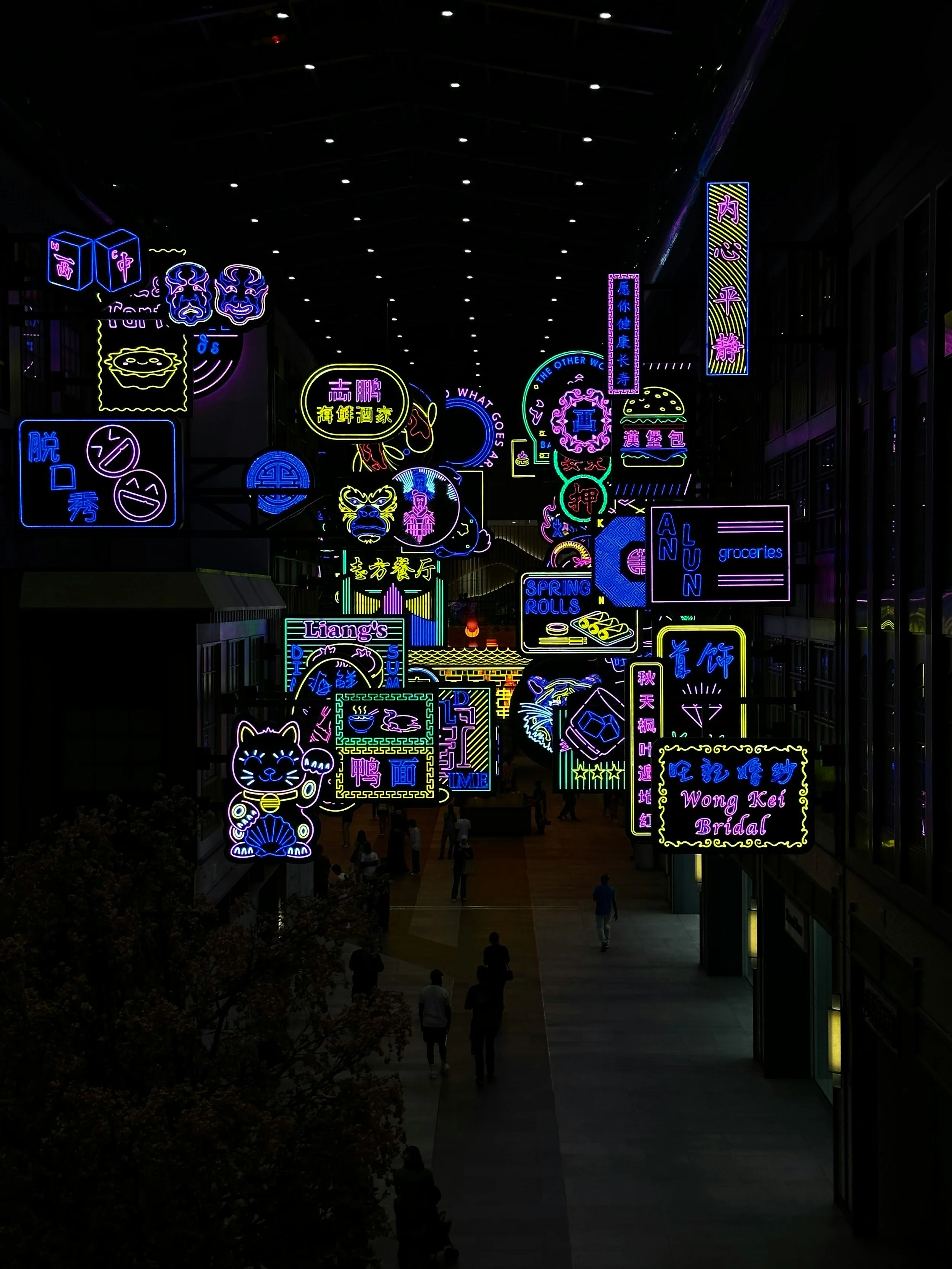OpenLab Initiatives
Failure Award
There are two types of failure. One type is avoidable: perhaps the root is self-sabotage, laziness, or an unforgivable miscalculation. The other type is “productive” failure, such as taking on an important moonshot but not quite succeeding due to circumstances outside of anyone’s control. Failures such as these—failures because someone dared to take on a risk—ought to be celebrated, as they are often the stepping stone for other advancements. To recognize the pioneers who took a chance, executed it perfectly, and still came up short, OpenLab offers an annual “Failure Prize” to one researcher who exemplifies failing for the right reasons.
Center for Rearchitecting Digital Societal Systems
Conversations on the internet are broken. Misinformation is rampant, incentives are misaligned, and large companies optimize for screen time and ad revenue over human connection and high-fidelity information. To help combat this, OpenLab is catalyzing and seeding a new center at Stanford Engineering with the goal of rearchitecting digital societal systems. Built to help fix the broken discourse of the web, this Center focuses on digital conversations, social networks, dating apps, online review systems, and other digital platforms as needing fundamentally new architecture. If successful, this Center will bring about meaningful socioeconomic change to the internet, allowing it to reach its full transformative potential.
Consortium for AI & Labor
The Stanford Consortium for AI & Labor (SCAIL) convenes unions, workers, researchers, activists, and AI industry stakeholders in an effort to advance and protect workers’ rights in an increasingly AI-enabled world. Structured as a collaborative initiative between OpenLab and Maiden Labs (a nonprofit research organization), SCAIL aims to reduce friction for workforce advocates amid growing uncertainty brought on by AI automation.
Consortium members participate in quarterly virtual roundtables on technical education and strategic planning, and attend an annual in-person symposium at Stanford. Events are designed to improve unions’ bargaining power, guide cross-sector best practices, and facilitate shared learning through technology-focused education and strategic scenario exercises. Furthermore, they will support participating technology developers and private sponsors as they de-risk their long-term technology plans and build reputations for ethical leadership.
OpenLab Writing Residency
The OpenLab Residency offers writers an opportunity to hone their craft in a truly unique environment. Not only do Residents receive protected time and space to make headway on a story, they are able to do so at one of the most interdisciplinary, intellectually diverse universities in the world. For writers who create by throwing themselves into their work, our residency represents a rare chance to explore an obsession alongside world-class experts. Whether the goal is historical accuracy, illuminating a subculture, or finding new ideas at the bleeding edge of science fiction, Stanford puts the universe at one’s fingertips.
By having a writer among our ranks, other OpenLab researchers are exposed to new tools, thoughts, and art forms, and will benefit from a two-way exchange of ideas with a more narrative mind.
OpenLab Conference
OpenLab runs the world’s premier multidisciplinary conference. In stark contrast to “themed” conferences that center around a particular discipline or industry, the annual OpenLab conference assembles an agenda around interesting ideas from any field. The speakers get amazingly varied feedback, ideas, and perspectives from a myriad of disciplines—an advantage not available anywhere else. Meanwhile, attendees gain exposure to the cutting edge of humanity, broadly construed.




